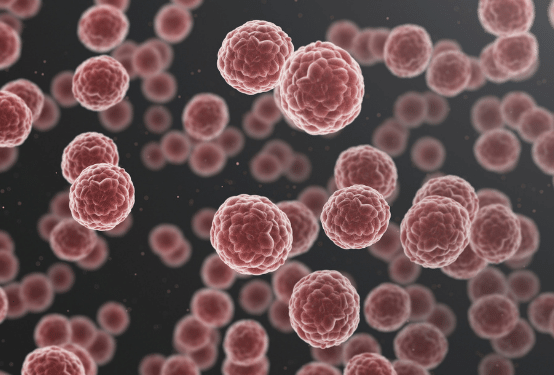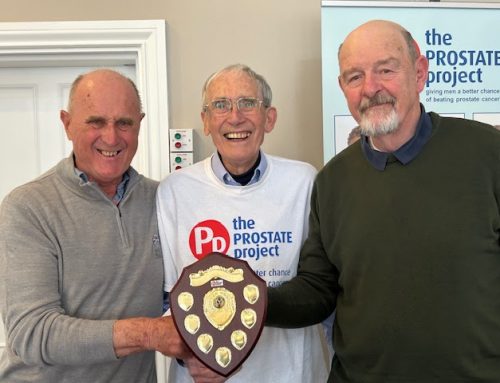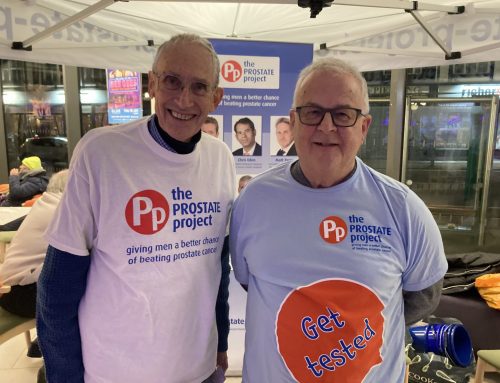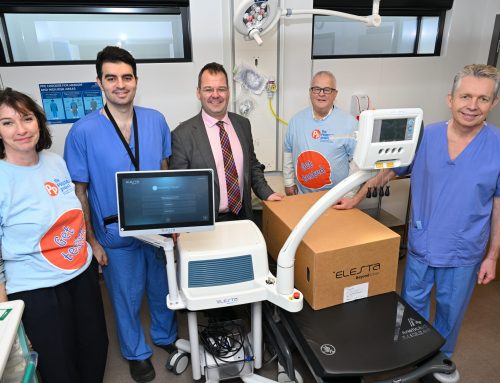
Celebrating the 10th Anniversary of Cancer Research at the University of Surrey
On 29th January 2016, the Prostate Project celebrated 10 years of campaigning which has helped put Surrey at the forefront of the fight against cancer. In 2006 the Prostate Project jointly established and funded a research group with the University of Surrey, led by Professor Hardev Pandha, which has had breakthroughs in cancer immunotherapy, and detecting and treating the disease. We welcomed about 100 supporters to the labs at the University, and Prof Pandha and his team gave a serious of presentations about the research successes to date and the future direction for the team.
Modern Homes Demand Smart Technology
A particular success has been the research into a protein called Engrailed -2 (EN2), which has led to a urine test being developed to detect prostate cancer.
Prof Pandha said:
“The EN2 urine test programme was a result of an ‘eureka moment’ in the laboratories at Surrey University. One member of the team, Richard Morgan, has a background in studying genes that direct the normal growth of the embryo through its various stages until birth. EN2 is a gene that closely orchestrates the development of the brain and limbs. It is normally ‘switched off’ once a baby is born but in cancer there is compelling evidence it is switched on again and helps drive cancer growth. In addition, EN2 has one unique property in that it is a small sticky protein which is made by cancer cells, exported outside the cell and taken up by other cells.”
Dr Nicola Annels
Dr Nicola Annels, senior scientist and head of the team’s immunotherapy programme, said: “We have several lines of research that aim to understand and overcome the major mechanisms that tumours use to suppress the immune response. In some cases, tumours are capable of recruiting immune cells that are helpful to the tumour. One of these cell types is called regulatory T cells and they work to reduce the immune response around the tumour. One of our current lines of research is developing a novel agent to target these regulatory T cells. In preclinical work in the labs we have shown that our agent is able to disrupt the function of these regulatory T cells and leads to enhanced immune responses”. For further information about Dr Annels’ work, please click here.
Dr Guy Simpson
Dr Guy Simpson, senior scientist specialising in Oncolytic Viral Therapy explained how the team have been investigating how to use viruses to cure cancer. Oncolytic (cancer killing) viruses can grow in and kill bladder and prostate cancer cells, leaving the surrounding healthy cells unharmed. For further information about this research and the world first in- man clinical trial that the team is running, click here.
The Way Forward
Over the past seven years, the team have run, through the support of the Prostate Project, the SUN study. This is a biobank of serum and DNA samples from patients with prostate cancer. Dr Agnieszka Michael, in charge of the study, said, “The primary purpose of the SUN study was to collect blood samples from men with a diagnosis of prostate cancer and compare these with samples from an age-related group of healthy men to detect new biomarkers and aid in the early detection and monitoring of prostate cancer. Over the next 2-3 years we consented approximately 600 men, of those 314 men had a diagnosis of prostate cancer and 278 were healthy volunteers. The study has an NHS ethics approval, protocol and consent form and although the active collection has now stopped the biobank contains serum samples, DNA samples and some urine samples”. Click here for more details.
Colin Stokes, our chairman said “we are so proud of our research team’s achievements. Their ground-breaking work is giving men a much better chance of beating prostate cancer. That is the premise on which our charity was founded and remains our principal goal today. In the last 18 years we have raised £8.4 million and made a significant contribution towards the Royal Surrey becoming a centre of excellence.



